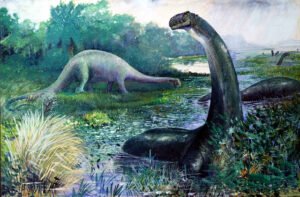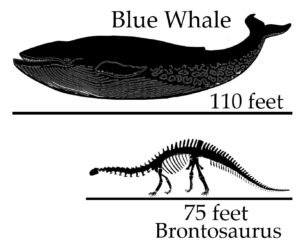
Triceratops Like Dinosaur
The Triceratops is a dinosaur that is part of the Ceratopsidae family and one of the most famous dinosaurs because of its appearance. It lived about 65 million years ago and had three horns on the face, hence the name “Triceratops,” which means “three-horned face.” It also had...





